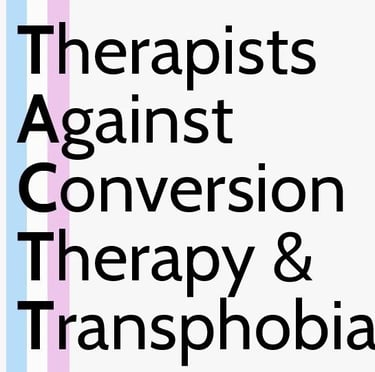Simple Emotional Regulation Techniques
Emotional ups and downs are a normal part of life, but sometimes they can feel overwhelming—especially between counselling sessions. Fortunately, there are a few simple techniques you can practise at home to help manage difficult feelings and support your emotional wellbeing.
Diaphragmatic Breathing
Also known as belly breathing, this technique helps to calm the nervous system and promote a sense of ease. To try it, sit or lie down in a comfortable position, placing one hand on your chest and the other on your stomach. Breathe in slowly through your nose, aiming to let your stomach rise more than your chest. Then exhale gently through your mouth. Repeat for a few minutes, allowing your breath to become slow and steady. This can be especially helpful during anxious or tense moments.
The “TIP” Skills
The TIP skills are designed to quickly reduce intense emotional arousal by using physical strategies that engage the body’s stress response:
Temperature: Try holding an ice pack or splash cold water on your face to activate the dive reflex, which can help regulate your heart rate and bring a sense of calm.
Intense exercise: A short burst of physical activity (like jogging in place or doing star jumps) can help shift adrenaline and reduce overwhelming feelings.
Paced breathing and muscle relaxation: Slow your breathing and try tensing and then relaxing different muscle groups to release physical tension.
Grounding Techniques
When emotions feel overpowering, grounding exercises can help anchor you in the present. One popular method is the 5-4-3-2-1 technique, that can help you step out of racing thoughts and reconnect with your environment:
Name 5 things you can see
Name 4 things you can touch
Name 3 things you can hear
Name 2 things you can smell
Name 1 thing you can taste
Self-Soothing with the Senses
Self-soothing through the senses involves gently engaging sight, sound, touch, taste, or smell to create comfort. Examples include listening to calming music, wrapping yourself in a soft blanket, sipping a warm drink, or lighting a scented candle you enjoy. These small actions can have a grounding and calming effect when emotions feel heightened.
Trying out a few of these strategies and finding what works best for you can help make emotional regulation feel more manageable. They're not a cure-all, but they can be a supportive part of your toolkit, especially between therapy sessions.
A New Path
VIA NOVA THERAPY LTD is registered with Companies House (16391344).
Registered address: 20 Wenlock Road, London, N1 7GU
ICO registration: ZB890746
Privacy Policy
© 2026. All rights reserved.
If you are in crisis or need immediate support, please contact Samaritans free at 116 123 (UK & ROI), available 24/7, or visit www.samaritans.org



